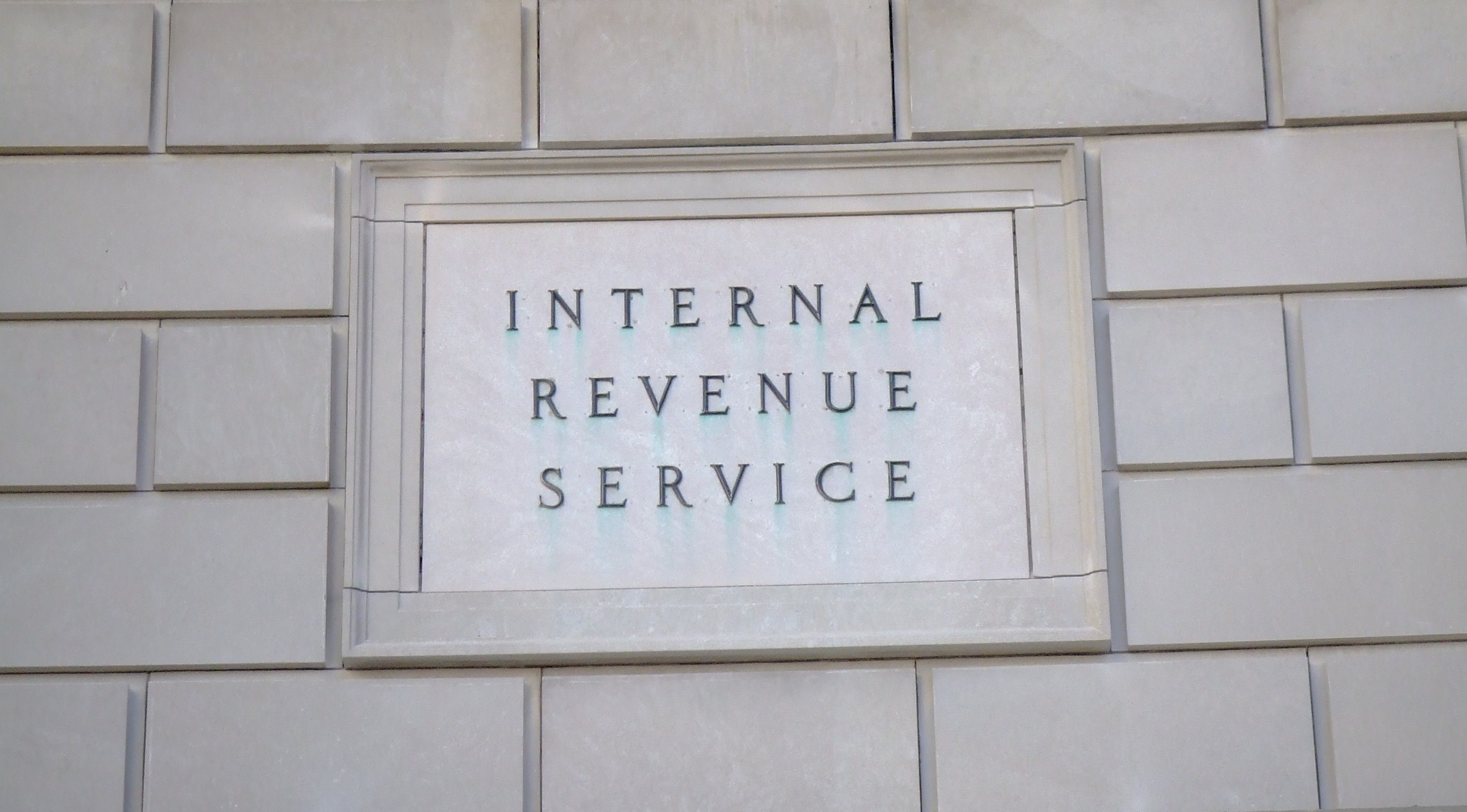
“Without a lot of feedback from the IRS, we’re grateful that we have a pretty blank slate,” vice president of business innovation Fraser Nelson said then. “We want to make sure we’re making decisions that make sense for us as an institution, make sure they are in the context of the larger national [landscape] and what this means for other papers and for journalism generally.”
(While it is a happy event for the Tribune to blaze this new path, it’s worth noting that the unexpected and no-questions-asked IRS ruling comes at a time when IRS funding has been gutted. It had one-third fewer auditors and conducted 42 percent fewer audits in 2017 than in 2010. “Auditors are stretched thin, and they’re often forced to limit their investigations and move on to the next audit as quickly as they can,” a ProPublica investigation reported last December. In other words, it might be a good time to get the IRS to okay something new without many questions!)
Thanks to a fax machine, the IRS, and the U.S. Postal Service, we have the Tribune’s full application and the brief, form-letter IRS response. Here’s all 59 pages of the Tribune’s application and the IRS response, and below is our breakdown of the important parts of it (highlights are mine):
The first 20 pages house a lot of legal speak and checklists, showing that the leadership has signed onto the process, the compensation of its editorial heads, and other financial data. Owner Paul Huntsman incorporated the charity of the Tribune earlier this year as part of the application. (Despite the paper’s and the Huntsmans’ deep ties to Utah, it’s a Delaware corporation.) Here’s how the Tribune justified putting its work under the “educational” umbrella for nonprofit status (we unpacked what that means with a media law expert earlier this year):
The Charity [that’s the Tribune] is organized and operated to educate, advance, and inform public discourse through local, independent journalism in Utah.
Leaders in the Salt Lake City area, in particular Paul Huntsman, have created the Charity to address a crisis in the availability of quality journalism that could deprive the state of Utah of access to important information that citizens need to function and thrive. News organizations are fundamentally civic in nature — they investigate and report on information that is important to the community — yet, local newspapers across the country are being closed or severely downsized. “Throughout the history of this nation, newspapers have provided the bulk of the civically important functions that democracy requires.” However, since 2004, almost 1,800 local newspapers have closed, including more than 60 daily newspapers and 1,700 weekly newspapers.
(The hyperlinks are added by me, replacing the footnote citations in the document.)
As its primary activity, the Charity intends to produce, print, and distribute (both in print and digitally) The Salt Lake Tribune (“The Tribune”), a local, independent newspaper in Utah. After approval of its tax-exempt status, the Charity will receive the masthead and journalistic operations of The Tribune as a donation from the Tribune’s current owner, PCH Tribune, LLC (“PCH Tribune”). Like many local papers across the United States, The Tribune is operating at a loss, has reduced staff, and scaled back important local reporting. Building on The Tribune’s longstanding legacy of watchdog journalism, the Charity will receive the assets of The Tribune, report information that is educational to the citizens of Utah, and operate in a manner consistent with tax-exempt status under section 501(c)(3).
The Tribune cites its recent Pulitzer Prize for Local Reporting and expands on the organizational and operational tests to prove that it should be tax-exempt. Organizationally, the Tribune says, the charity is set up according to IRS regulations for 501(c)(3)s; operationally, the Tribune highlights:
Pages 23 to 31 of the document makes a strong case for the civic need of local media as a philanthropic entity and is the core of the Tribune’s argument to the IRS (and funders) why the paper should be tax-deductible.
“Education, according to the IRS and the regulations we’re applying under, includes instruction of the public on subjects useful to the individual and beneficial to the community. That’s journalism in a nutshell, right?” Nelson told me earlier this year.
The application also goes into the paper’s joint operating agreement with the neighboring Deseret News (the nonprofit Tribune doesn’t plan to try to get out of it) and its partnership with the new Utah Journalism Foundation, developed by Huntsman to help the Tribune and other outlets in the state stand up on philanthropic money. The board of directors governing the Tribune, which is still getting built out, will include three to nine people, according to the bylaws included in the application.
As anyone who has looked through a nonprofit’s 990s before, 501(c)(3) corporations are required to report some limited information about the salaries and compensation of its top employees. That means that if you’re interested in how much some Tribune editors make, it’s now a matter of public record.
The last element — but one of the most important journalistically — in the application is the conflict of interest policy. Nonprofit status is not a business model; any nonprofit outlet still needs to figure out how to bring in diverse revenue to become sustainable rather than rely on one benefactor who could pull the funding at any time. But a major donor, like a major advertiser, in any situation could hypothetically have a little more sway over a story than an ordinary citizen; many newsrooms working with philanthropy very strenuously remind readers, funders, and me when I’m reporting on their new projects that donors do not get special treatment in their editorial process. Now they reminded the IRS, too. And the IRS bought it, an argument that more independently owned legacy newspapers may be interested in making:
Dear Applicant:
We’re pleased to tell you we determined you’re exempt from federal income tax under Internal Revenue Code (IRC) Section 501(c)(3).